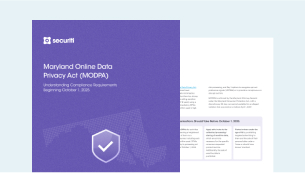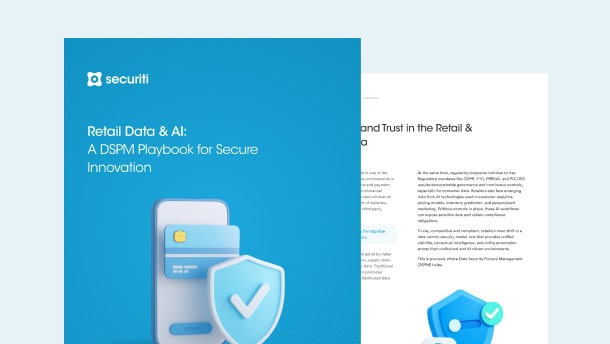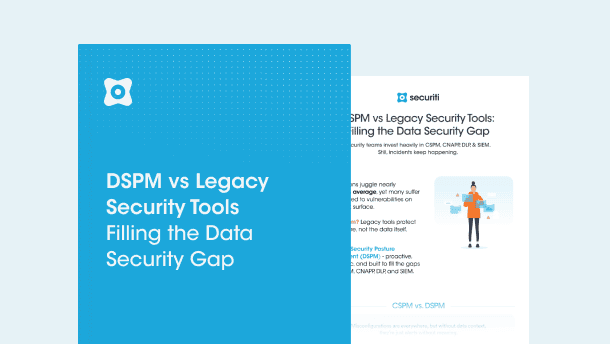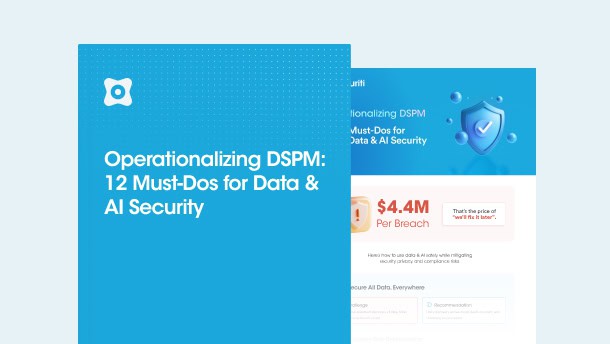Some of the key takeaways of the Guidelines and CNIL’s Recommendations are as follows:
A clear positive act to indicate consent:
The CNIL has clarified that the user must consent to the processing of cookies and other tracking technologies only by a clear positive act. Any action or inaction by users other than a positive act such as simple navigation or browsing on the website does not constitute a valid user’s consent.
Ability to withdraw and refuse consent:
All users must be informed of their ability to withdraw and refuse consent at the time of obtaining their consent, in a simple and intelligible manner. The user interface, therefore, must include a “refuse all” button since refusing consent must be as easy as giving consent. Moreover, users must be able to withdraw their consent at any time.
Users must be able to make individual cookie selection based on their purposes. This obligation requires that users must be made aware of the purposes of individual cookies in an intelligible manner and appropriate language before they are offered the opportunity to consent or refuse consent. The CNIL recommends data controllers to prominently highlight the purposes of cookies and other trackers, accompanied by their brief descriptions.
Prior information to users:
Before obtaining the user’s consent, data controllers must provide information to users about the identity of the data controller, the purpose of data processing, the consequences of acceptance and rejection of consent, and the ability to withdraw consent.
Accept and Refuse buttons:
The CNIL recommends that the consent collection interface must include an “accept all” button as well as a “refuse all” button. Moreover, both the buttons must be designed in such a manner that they are of the same format, offer the same ease of reading to the users, and are highlighted identically.
Consent from each website concerned for the tracking:
When trackers allow tracking on websites other than the ones visited, consent should be collected on each of the websites concerned by this tracking.
Contractual clause for third-party cookies:
When a party does not collect consent by itself and enters into a contract with a third-party for the valid processing of cookies, such contract must be supported by a guarantee that the entity in charge of collecting the consent must also make available the proof of obtaining valid users’ consent.
No cookie walls:
The CNIL has not completely banned the use of cookie walls. It, however, notes that the use of cookie walls undermines an individual’s freedom of consent and therefore, the lawfulness of cookie walls must be assessed on a case-by-case basis.
Proof of consent:
Data controllers must be able to provide, at any time, the proof of valid collection of users’ consent. The CNIL recommends website publishers to retain consent as well as refusals for a certain period.
Exemptions from the collection of consent:
Data controllers must obtain valid consent of users before the processing of cookies and other tracking technologies. However, some trackers are exempt from the collection of consent under certain circumstances. These exemptions may apply to authentication cookies, audience measurement cookies, or those that limit the access to free content on a website requested by users.
Timeline for compliance:
The CNIL has provided a six-month window, i.e. until the end of March 2021 to organizations and website publishers to comply with the amended Guidelines and Recommendations. Data controllers are advised to bring their cookie consent practices and cookie consent banners in line with the CNIL’s requirements before the expiry of the six-month window.















































